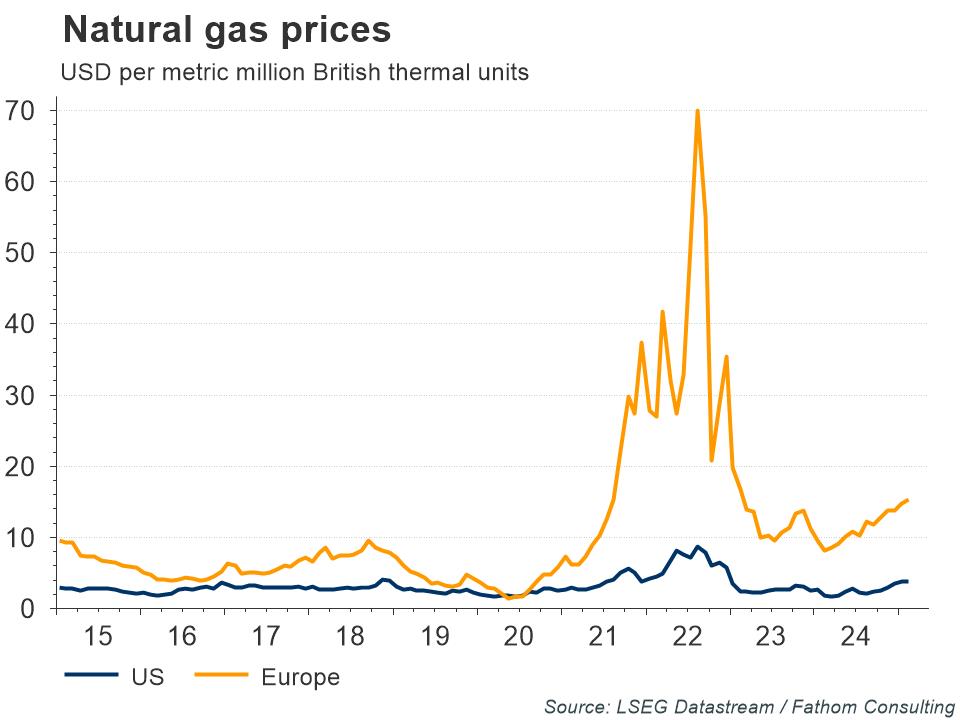Fathom Consulting
Fathom is a world-leading consultancy providing independent, data-driven research and bespoke consultancy to clients in government, the private sector and non-profit organisations. Our approach is unique as we position ourselves where macroeconomics, geopolitics and financial markets intersect, drawing out the connections between the three. Where others may specialise in these elements individually, we see them as inextricably linked.

Other recent articles by Fathom Consulting:
- Chart of the Week: Is a US rate cut around the corner?
- News in Charts: Will the US meet NATO’s new spending target?
- Chart of the Week: Critical minerals to remain a sticking point
- News in Charts: A week of summits
- Chart of the Week: Spain deepens trade ties with China
- News in Charts: Strong dollar – privilege or curse?

